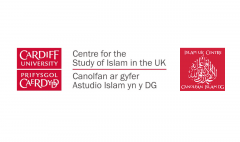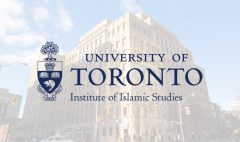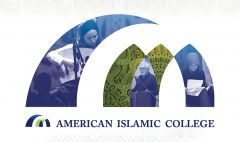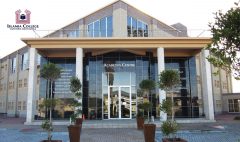Hartford Seminary
September 3, 2017 2023-08-16 8:33Hartford Seminary
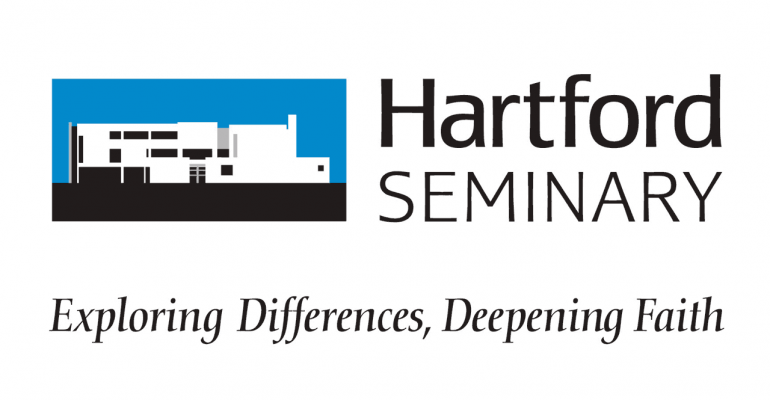
Hartford Seminary
With roots that go back to 1834, Hartford Seminary is a non-denominational graduate school for religious and theological studies. What makes us unique is our multi-faith environment and our proven ability to prepare leaders for the complex world that surrounds us.
Hartford Seminary offers degree programs and graduate certificates as well as leadership certificates. We seek out students who are interested in serving their communities and deepening their own faiths, as well as understanding the faiths of others.
Hartford Seminary also strengthens religious communities through its programs of research and education. By studying and sharing information, it enables local faith communities to remain strong.
The Hartford Seminary library is widely known for its depth and breadth of content. The library contains more than 92,000 volumes and 300 periodicals, and also offers online access to international databases with several million more titles.
Hartford Seminary is the home of the Hartford Institute for Religion Research and The Duncan Black Macdonald Center for the Study of Islam and Christian-Muslim Relations. The Seminary is also committed to providing leadership education to marginalized communities through the Black Ministries Program and the Women’s Leadership Institute.
Degree programs
Through our degree programs, Hartford Seminary students learn to describe and analyze their central beliefs and reasons for action. We help our students gain an understanding of their own faith tradition and a respect for the traditions of others, and help them relate their faith tradition to the changing nature of current realities.
The Islamic Chaplaincy Program at Hartford Seminary is a 72-credit program that combines academic study and practical training. It has two components:
1. The 48-credit M.A. in Religious Studies degree with a focused area of study in Islamic Studies and Christian/Muslim Relations.
2. The 24-credit Graduate Certificate in Islamic Chaplaincy consisting of 18 credits in Islamic “Practices of Ministry” and related courses and 6 credits of field education/practical application and training.
Integral to the rationale for developing and offering the Islamic Chaplaincy Program are the strengths already in existence at Hartford Seminary which include:
- the strong academic curriculum available through the current M.A. in Religious Studies degree program with a focused area of study in Islamic Studies and Christian-Muslim Relations;
- the interfaith orientation, work and scholarship of the Duncan Black Macdonald Center for the Study of Islam and Christian-Muslim Relations; and
- the expertise of the Hartford Institute for Religion Research in working with active faith communities.
Customized Program
In consultation with the Co-Directors of the Islamic Chaplaincy Program, each student’s program will be customized to meet his or her particular educational needs and professional/vocational objectives within the formal guidelines and criteria established for the Islamic Chaplaincy Program at Hartford Seminary. Depending on the applicant’s previous education and experience and the applicant’s future goals and work setting, the applicant may be required to complete both components of the Islamic Chaplaincy Program or just the Graduate Certificate in Islamic Chaplaincy. For further information, contact the Admissions Office.
International Peacemaking Program
The International Peacemaking Program (IPP) has been Hartford Seminary’s flagship scholarship program for more than a decade. Emerging leaders with undergraduate degrees from the United States and other countries where there is interreligious tension or conflict are invited to apply for one of a limited number of annual IPP scholarships. With long-established expertise in interfaith dialogue, Islamic studies, and Christian-Muslim relations, Hartford Seminary is at the forefront of training leaders for peacemaking between religions.
Fellows in the International Peacemaking Program spend an academic year studying interfaith dialogue, conflict transformation, and leadership skills. They live in intentionally interfaith housing on campus, spend time in local faith communities, and receive practical skill-building training to enhance their capacity as peacemakers.
Contacts
- Address: 77 Sherman Street, Hartford, CT 06105-2260, USA
- Phone: +1 860 509 9500
- Fax: +1 860 509 9509
- Email: info@hartsem.edu
- Website: http://www.hartsem.edu


